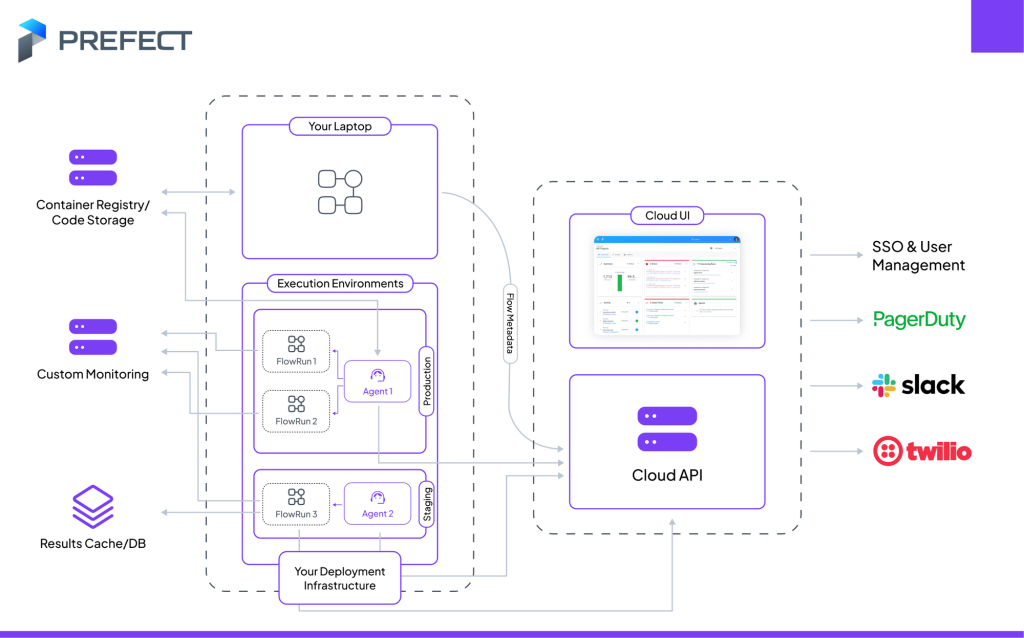DataOps solutions have become essential for automating, orchestrating, and scaling data pipelines. With numerous tools available, it’s crucial to select one that aligns with your organization’s unique needs. Here’s a comparison of some of the most popular DataOps solutions, covering their features, pros, and cons.
1. Apache Airflow
- Overview: Apache Airflow is a leading open-source DataOps tool known for its workflow automation capabilities, especially for complex data pipelines.
- Features:
- Workflow management via Directed Acyclic Graphs (DAGs)
- Integration with various data sources
- Extensibility with custom operators
- Pros:
- Highly flexible and adaptable
- Strong community support
- Excellent for Python-centric workflows
- Cons:
- Limited real-time capabilities
- Higher setup complexity for beginners

2. dbt (Data Build Tool)
- Overview: dbt is a transformation-focused DataOps tool, making it ideal for managing ETL and ELT pipelines directly within a data warehouse.
- Features:
- SQL-based data transformations
- Data testing and lineage tracking
- Version control for data models
- Pros:
- Excellent for SQL transformations
- Strong focus on data lineage and testing
- Integrates well with cloud data warehouses
- Cons:
- Limited functionality for data ingestion and orchestration
- Requires SQL proficiency for effective use
3. Talend
- Overview: Talend is an end-to-end DataOps platform with features for data integration, governance, and quality, tailored for enterprise use.
- Features:
- Comprehensive data integration tools
- Real-time data quality and governance
- Support for multi-cloud and on-premises environments
- Pros:
- Excellent data quality and governance features
- Comprehensive toolset for data management
- Robust integration options
- Cons:
- High licensing costs for enterprise solutions
- Requires additional training for complex configurations

4. Prefect
- Overview: Prefect provides a Python-based DataOps platform that allows for building, orchestrating, and monitoring data workflows with resilience.
- Features:
- Built-in error handling and task retries
- API-driven and cloud-native support
- Easy integration with Python-based workflows
- Pros:
- Simplifies complex workflows with a Pythonic approach
- Built-in fault tolerance and resilience
- Lightweight setup with cloud orchestration option
- Cons:
- Limited support for non-Python environments
- Smaller community compared to some established tools

5. Fivetran
- Overview: Fivetran specializes in automating the data ingestion process by continuously syncing data from various sources to a data warehouse.
- Features:
- Fully managed connectors for popular data sources
- Automated schema mapping
- Real-time data integration
- Pros:
- Minimal setup and maintenance required
- Automated schema updates
- Reliable data synchronization
- Cons:
- Limited transformation capabilities
- High costs for larger data volumes
Best DataOps Tools and PlatformsData Pipeline Automation ToolsDataOps Features Pros and ConsDataOps for Data GovernanceDataOps for Machine Learning 2024DataOps Solutions Comparison 2024DataOps Tools for Data ManagementPopular DataOps Platforms 2024Pros and Cons of DataOps PlatformsTop DataOps Software 2024